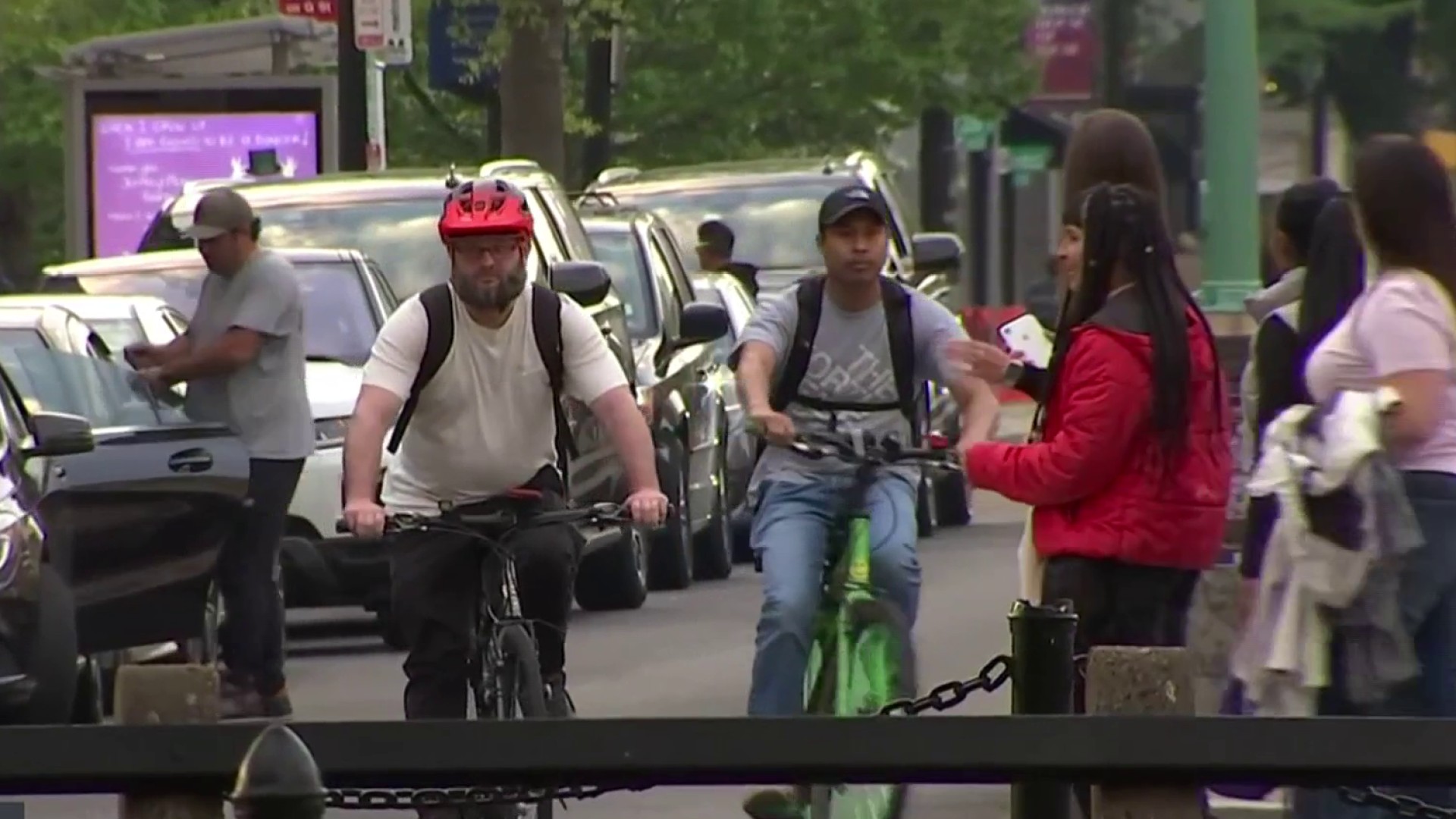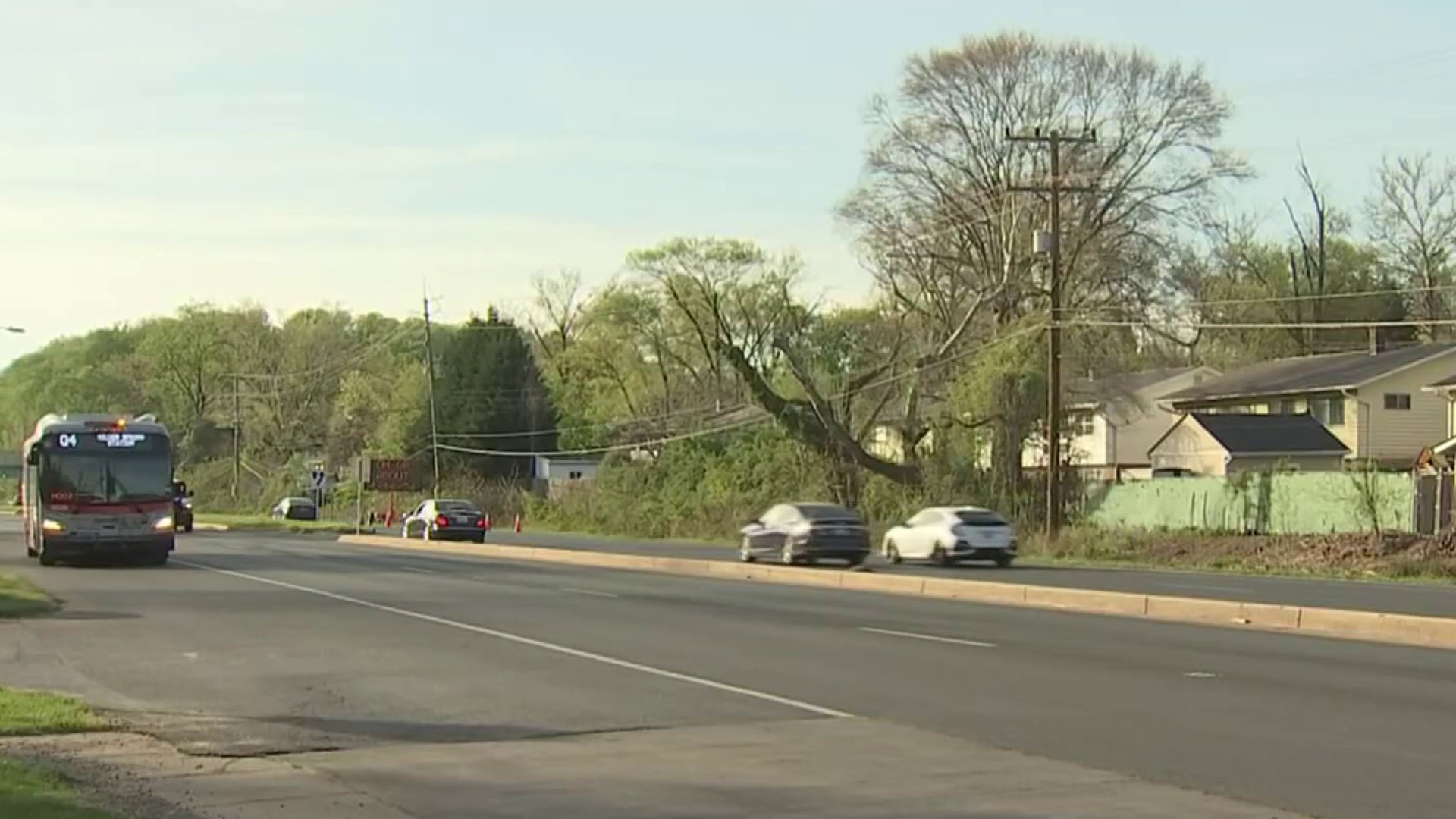The District of Columbia is changing — as the cliche goes — right before our eyes.
Look in most any direction to see massive redevelopment.
Look and listen a little closer.
Among the clanging cacophony you’ll also hear the cries of the poor and lower middle class. They are losing their homes and the hopes of ever finding other ones in the nation’s capital.
“Weekly we lose some,” at-large D.C. Council member Anita Bonds told us over the weekend. “We have about 40 [subsidized] properties that are losing their affordability” around the city, she said, amounting to a housing crisis struggling to be heard. “If we are serious about housing affordability, and we should be, then some our resources must go toward saving these units,” she said.
Last week, dozens of low-income tenants gathered near the convention center at 401 K St., a sprawling relic of about 300 subsidized apartments. Chinese immigrants make up about 60 percent of the renters, according to Washington Post reporter Perry Stein. They are trying to save their apartment homes in the fast-changing neighborhood.
The property has been the focus of tenant and landlord legal battles since 2014 when Bush Cos. announced plans to end federal subsidies and redevelop the property into luxury rentals and condos at profitable market rates.
Local
Washington, D.C., Maryland and Virginia local news, events and information
Under the District’s landlord-tenant laws, the tenants have what’s called the first right of refusal to band together and buy the property. But Bush set the asking price at $250 million. A court ruled that too high, but the matter remains in litigation and the tenants’ future in doubt even if the price is lowered.
Council member Bonds, who has focused on low-income housing, said the remaining tenants still will get individual rent subsidies if they’re forced to move, but finding suitable housing will be tough.
The federal subsidy runs out at Museum Square in October as the owners move to exit the federal housing Section 8 program and tear down the structure.
“We have nowhere to go,” said Vera Watson, who has lived in the building for 33 years. She told The Post, “Even if we get a voucher to move somewhere else, the voucher will not help us in D.C.”
Another activist tenant, Jenny Tang, told The Post, “I want my children to be part of this community.”
Tang, 44, is a native of China. She has lived at Museum Square for five years with her two daughters.
Sam Jewler, a community organizer with Jews United for Justice, told us, “Development doesn’t have to mean displacement.”
He said the developer is determined “to push the long-term community out and bring higher-paying residents into Museum Square. We need our elected officials to show some real leadership and find a solution that maintains this vital part of the cultural and social fabric of D.C.”
Jewler said the city “has the resources and power to do it.”
Bonds told us the city since 2008 has had a law on the books that would allow the government itself to step in and buy this type of housing to preserve its affordability. But seven years after the law was passed, she said, the rules and regulations required to implement the law have never been written.
■ Not so fast. There were many cheers — and even jeers — over the U.S. Supreme Court ruling approving same-sex marriage as a constitutional right. There has been a common thread among much of the reaction: The ruling came amazingly fast. The end game did come quickly as many courts over the past few years threw out bans on same-sex marriage.
But if you ask any gay person, gay activist or any person of goodwill, the fight was not fast.
Here in the District, the city was the sixth jurisdiction in the nation to legalize marriage equality. It passed the D.C. Council 11-2 and became legal in March 2010 after the required congressional review period ended.
The law in 2009 was proposed by then-at-large Council member David Catania, the first openly gay member of the council.
But kind of lost in the celebration was that marriage equality in the District was first proposed back in 1975 — nearly 35 years earlier. Arrington Dixon, still active in city issues today, was a member of the earliest elected D.C. Council. In proposing reforms and no-fault divorces, Dixon had included a provision to allow same-sex marriages.
As he told the Notebook this week, he was shouted down by city clergy and others. Philip Pannell, then an activist as he is today, testified on behalf of the Dixon law during a 1975 hearing on the bill.
But Dixon’s proposal went nowhere.
“At its heart, a city is its people,” Gay and Lesbian Activist Alliance leader Rick Rosendall said in 2010 when marriage quality finally had passed in the District. The alliance was honoring activists for its 39th anniversary. “The people of Washington, by consistently electing a strongly pro-gay legislature, have given our nation its first majority-black jurisdiction to enact civil marriage equality,” he said then.
■ A final word. There was sad news of the death this week of Ron Linton. He was the feisty chairman of the D.C. Taxicab Commission from 2011 until this past January. Appointed by Mayor Vincent Gray, he helped lead (drag?) the taxi industry into the 21st century with credit card machines and a uniform color scheme that now lets local and out-of-town visitors all know what a cab looks like here.
Ron Linton was a good man with a hearty laugh and a big love for our city.
Tom Sherwood, a Southwest resident, is a political reporter for News 4.



